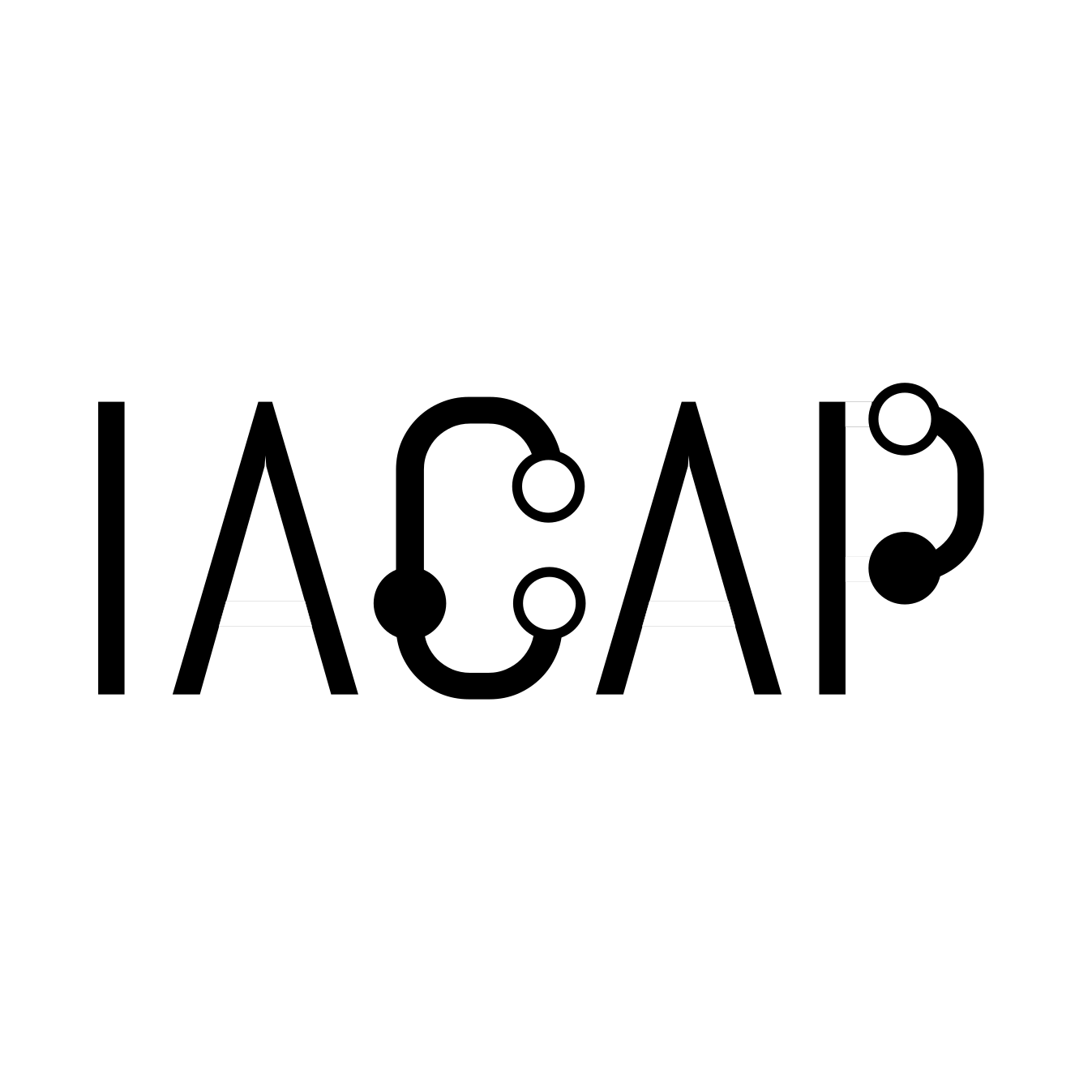Conveners
- Brian Ballsun-Stanton (brian.ballsun-stanton@mq.edu.au)
- Ines Hipolito (ines.hipolito@mq.edu.au)
- Max Parks (max.parks@mcc.edu)
Proposal
Brando’s Engagement Philosophy encourages “direct engagement with our subjects of research, not only as sources of information, but as structural contributors to the development of our research projects and its priorities.” This symposium applies this principle to the integration of AI in education, examining how students and educators collectively shape our understanding of AI’s role in teaching and learning.
The symposium brings together three key elements:
-
A practical workshop demonstrating techniques for ethical and effective AI deployment in educational settings, emphasising experiential learning without requiring programming expertise and an interactive discussion and demonstration of assessment and classroom activities actively using AI to move higher on Bloom’s taxonomy.
-
A collaborative analysis session examining student evidence and educator experiences, treating these not merely as data but as structural contributions to our understanding of AI in education.
-
Discussion of extended abstracts of case studies and ethnographic accounts that highlight both successes and failures in knowledge transmission, focusing particularly on how different approaches to AI education, at both the individual and institutional level, influence student learning and development.
Participants and presenters will have been expected to read all extended abstracts and chapter pre-prints before the conference begins, so that the symposium can focus on discussion and critique, rather than presentations.
We seek extended abstracts that:
- Present phenomenological accounts of teaching and learning with AI
- Analyze patterns of student-AI interaction and development
- Document benefits and challenges in communicating AI practices across disciplines
- Examine the relationship between humanities methodologies and AI literacy
- Investigate ethical implications of AI integration in education
The symposium will conclude with a collaborative session developing themes for an edited volume, ensuring that our subjects of research - students, educators, and AI tools themselves - contribute meaningfully to the development of both theory and practice.
Through engagement philosophy, and case studies, we aim to develop more nuanced and effective approaches to teaching with and about AI.
Expected Outcomes:
The symposium will produce a design for an edited volume examining the practical and philosophical dimensions of AI in education. Contributors will document:
- Successful methodologies for teaching AI literacy
- Critical evaluations of different pedagogical approaches
- Phenomenological accounts of student-AI interaction
- Frameworks for ethical implementation of AI in educational settings
- Evidence-based recommendations for institutional adoption
Accepted contributors should expect to submit their full papers to an edited volume within three months after the conference.
Format and Timeline:
We propose a full-day symposium structured around experiential learning and collaborative analysis. The morning workshop will demonstrate practical applications, followed by presentation sessions and concluding with collaborative analysis of emerging themes.
Submission Guidelines:
We seek extended abstracts (1000-1500 words) that:
- Present clear methodological frameworks
- Include concrete examples of practice
- Demonstrate critical reflection on outcomes
- Connect practical experiences to philosophical implications
- Consider ethical and social impacts
- Discuss assessments which benefit from and teach the thoughtful and pragmatic use of AI
Important Dates:
Please submit your extended abstract on pretalx by 28 Feb 2025 with your extended abstract, intended for participation in the Symposium. It will be read by Brian, Ines, and Max. If it is accepted, we expect that you will be willing to contribute on that topic to an edited volume, due in October 2025. Please contact brian.ballsun-stanton@mq.edu.au earlier if you are planning to submit an abstract so that we may discuss topics and to see if it fits our theme before submission. If it is a good fit, we may provide access to the research material.
Other Details
Research and Ethics:
Participants with ethics clearance will be given access to deidentified assessments collected as part of a Macquarie University unit on the pragmatics of AI, and are encouraged to get informed consent from their classes to contribute their own tranches of evidence for the case study. Participants are also encouraged to ask their students to contribute reflections and useful evidence on their use of AI for consideration of inclusion in the volume. Please contact brian.ballsun-stanton@mq.edu.au for details if you would like access to this corpus before submitting your extended abstract.
Researchers may also be brought on board Ballsun-Stanton’s program of study, if Australian Human Research Ethics is applicable to your home institution.
Target Audience:
- Educators adapting to AI-driven changes in teaching
- Researchers investigating AI’s impact on learning
- Professionals developing AI education programs
- Students pursuing research in AI and education
- Practitioners interested in ethical AI implementation
Resource Requirements:
Presenters should note that while the symposium includes technical demonstrations, no programming knowledge is required. Access to frontier AI models will be provided during the workshop portion. Participants in the symposium are expected to read all of the extended abstracts and/or preprints before attending.
This symposium addresses a critical gap between computational and business-first approaches, offering a humanities-centered perspective on AI education that emphasises both practical application and philosophical reflection. We hope to design a volume which can discuss, with evidence, Breen’s claim that in: “LLMs are deeply, inherently textual. And they are reliant on text in a way that is directly linked to the skills and methods that we emphasize in university humanities classes.”
Claude 3.5 Sonnet and OpenAI’s o1-preview were used in the editing of this proposal.
